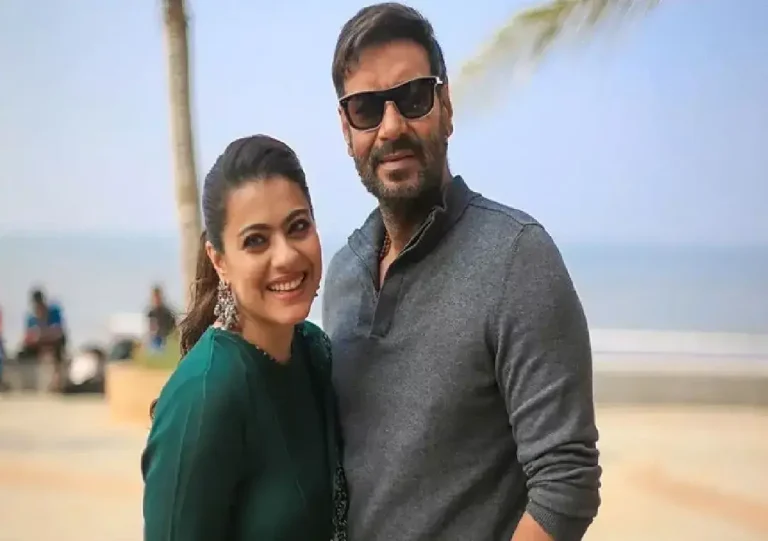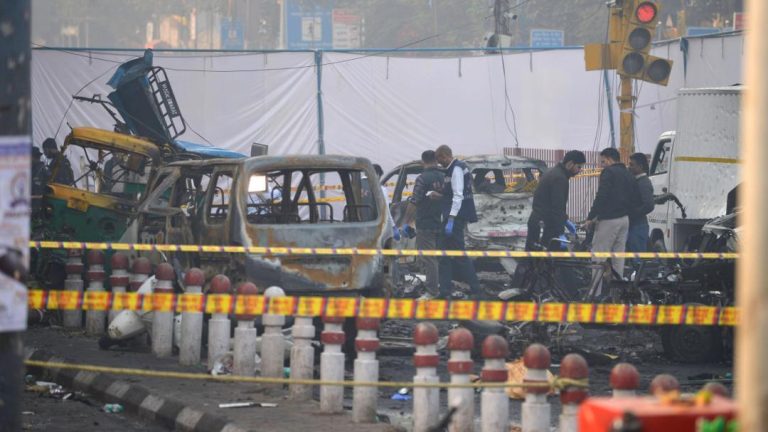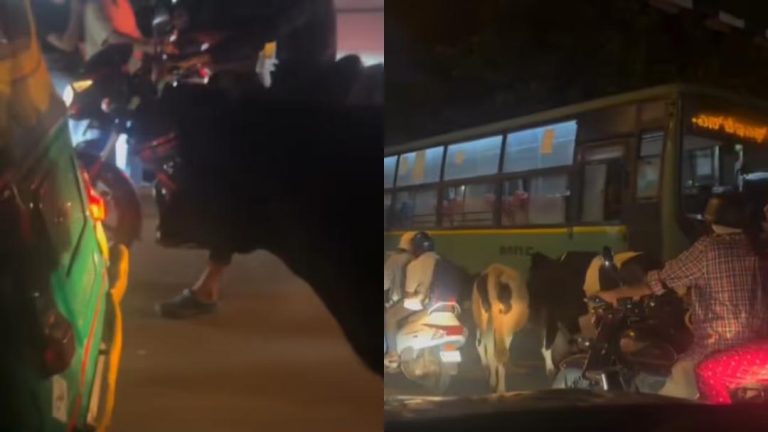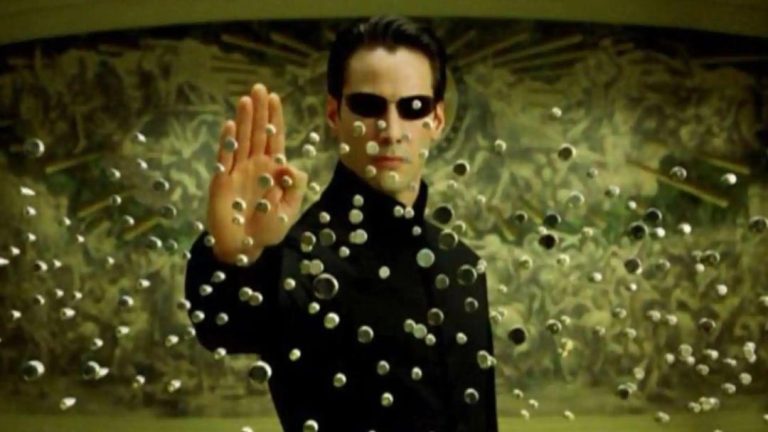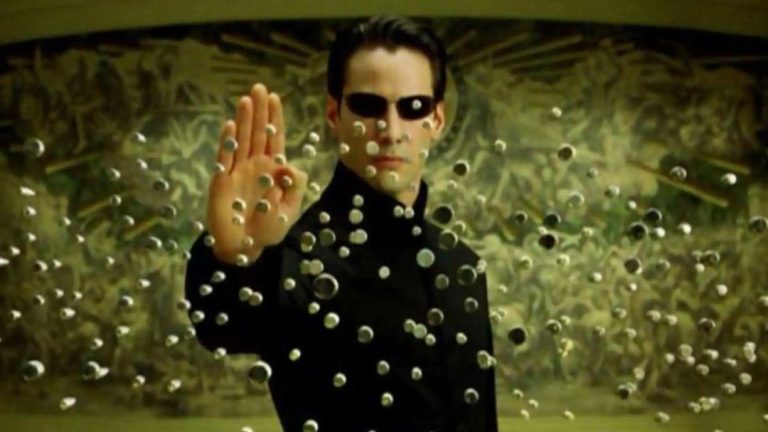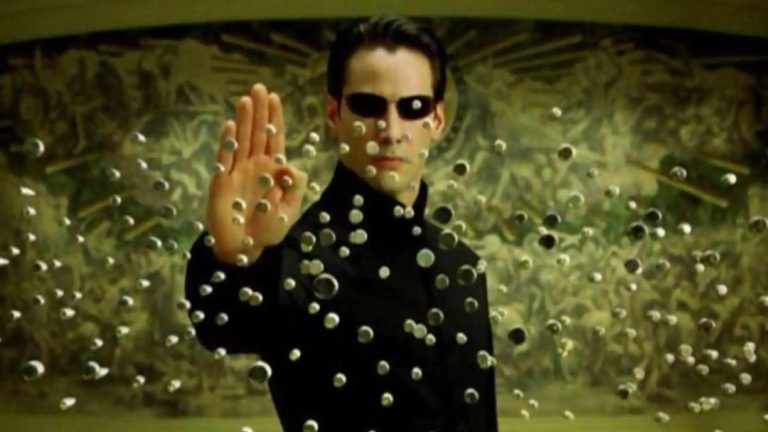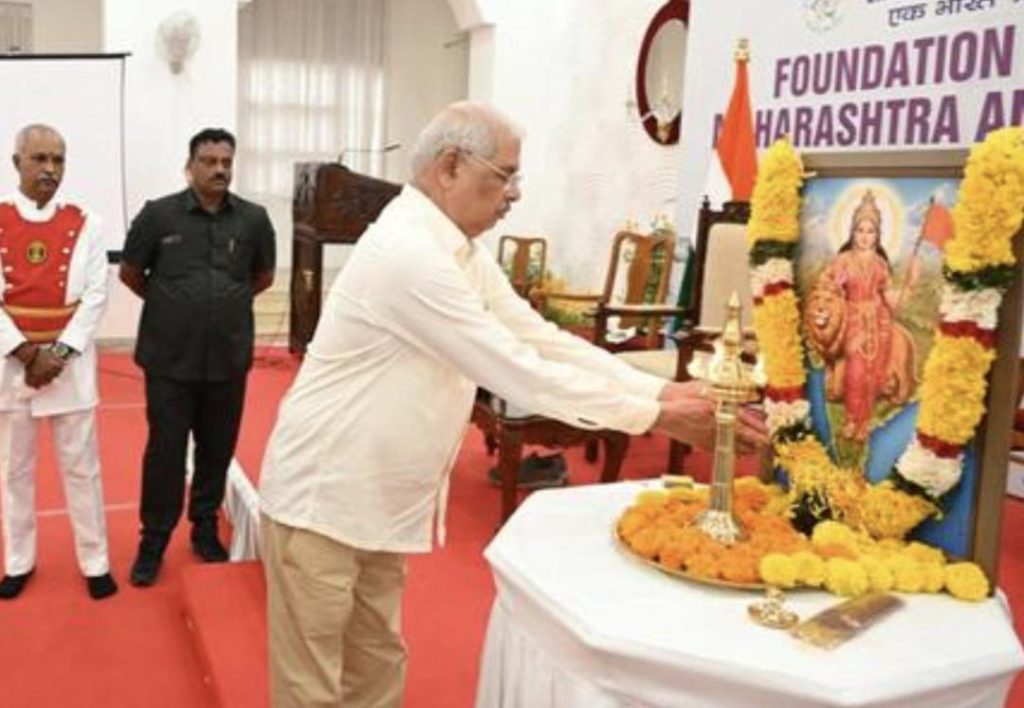
Title: Kerala Minister boycotts Raj Bhavan event over Bharat Mata photo
In a surprising turn of events, Kerala Minister P Prasad chose to boycott a World Environment Day sapling plantation event at the Raj Bhavan, the official residence of the Governor of Kerala, over the display of a Bharat Mata photograph. According to reports, the Governor’s office had sent a picture that is traditionally used by the Rashtriya Swayamsevak Sangh (RSS), a right-wing Hindu nationalist organization. The minister, who is a member of the Communist Party of India (CPI), felt that it was unconstitutional to display such a symbol in a government event, especially one held under the aegis of a constitutional office.
The controversy began when the Governor’s office sent out an invitation for the World Environment Day sapling plantation event, which was scheduled to take place at the Raj Bhavan. The invitation featured a photograph of Bharat Mata, the national personification of India, which is often used by the RSS. However, the CPI minister felt that this was a clear attempt to inject politics into a non-political event.
“It’s unconstitutional to display such a politically charged symbol in a government event under a constitutional office,” said Minister P Prasad in a statement. “The Governor’s office sent us a picture that’s used exclusively by the RSS. We cannot participate in an event where national symbols are being misused.”
The CPI minister’s decision to boycott the event has sparked a heated debate in the state, with many questioning the motives behind the Governor’s office sending out such a photograph. Some have accused the Governor’s office of trying to politicize the event, while others have criticized the minister for being too sensitive.
However, Minister P Prasad has remained firm in his decision, citing the need to maintain the sanctity of government events. “As a representative of the people, it is our duty to ensure that government events are free from political interference,” he said. “The display of a politically charged symbol like Bharat Mata is a clear violation of this principle.”
The controversy has also raised questions about the role of the Governor’s office in such events. According to the Constitution, the Governor is the representative of the President of India in the state, and is expected to maintain a neutral stance in matters of politics.
However, in recent years, there have been several instances where the Governor’s office has been accused of taking sides in political matters. The latest controversy over the Bharat Mata photograph is just the latest in a long line of such incidents.
The CPI minister’s decision to boycott the event has also sparked a debate about the role of symbols in Indian politics. While some argue that symbols are an important part of Indian culture and tradition, others feel that they can be misused to promote political agendas.
In the context of the Bharat Mata controversy, some have argued that the photograph was used to promote Hindu nationalism, while others have seen it as a harmless attempt to promote national pride.
However, Minister P Prasad and his supporters argue that the use of such symbols in government events is a clear case of political interference. “The Governor’s office should focus on governance, not politics,” said the minister. “We will not compromise on our principles, even if it means boycotting an event.”
The controversy has also highlighted the deep divisions that exist in Indian society. While some people see the Bharat Mata controversy as a minor issue, others feel that it is a symbol of the growing polarization of Indian politics.
As the debate continues to rage on, one thing is clear: the controversy over the Bharat Mata photograph has raised important questions about the role of symbols in Indian politics, and the need for government events to remain free from political interference.
